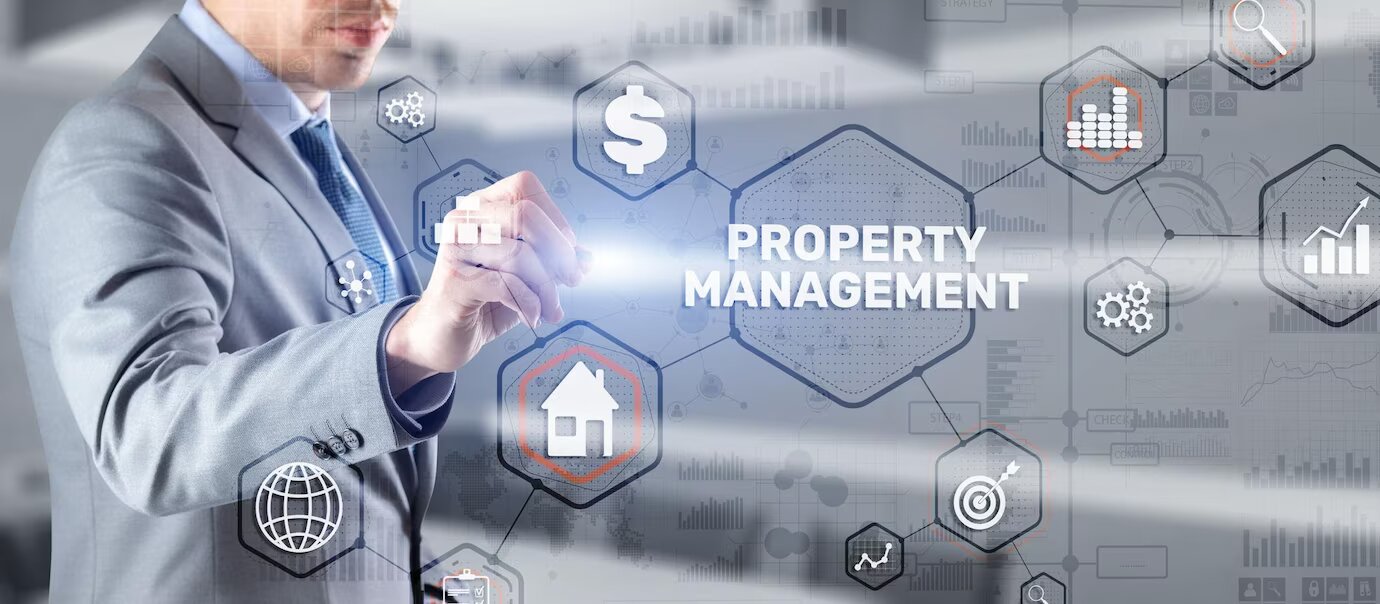
When choosing a property management system, consider a few factors before deciding. A property management system should have an intuitive interface and be easy to use. Look for a system that has a minimalistic design and is functional with your business's needs. This will ensure that the PMS property management can function as intended without any complications.
Additionally, ensure the system is compatible with your business's current software and software systems. This will allow for seamless integration and help save time and effort. If possible, try out the system before purchasing it to check if it is user-friendly and functional for your business.
Also, consider features such as property alerts, automated reports, customer support, reliability, and updated technology trends. Also, look at pricing structures and terms and conditions of use before making a final decision.
The property management system is vital to a successful business and can make or break a property's performance.
Before choosing a property management system, you need to consider a few factors, like the features available, customer support, automation, customization of processes, and the reputation of the company backing the software.
Ideally, you should choose a property management system with all these features. You can start by looking for one that's easy to use and has robust reporting capabilities. Make sure it has many features to meet your specific needs. Also, make sure you have customer support available 24/7. Finally, assess the costs and features of different property management systems before deciding. Once you've made your choice, test-drive the software before making a final decision.
Consider the quality of customer support offered by the property management system.
When choosing a property management system, it is important to consider the features that are important to you. Some of the most important features include ease of use, data integration, automation, and reporting. Property management systems can be customized to meet your specific needs, so it's important to take time to explore all the different options and features and decide which one best suits your needs.
Some property management systems provide wizards or tutorials that help you set up basic operations quickly and easily, while others allow you to tailor the system to your business quickly and easily. Some property management systems also include built-in software for accounting and billing, while others allow you to integrate third-party software. It is essential for business owners to spend time exploring all the different property management system options available and find one that fits their needs and budget.
Reporting and Tracking Feature
Property management systems help you keep track of your property's condition and performance. They can provide reports that help you make informed decisions about how to manage your property. Some systems offer features that allow you to track and report on the activities of visitors to your property, such as vandalism, theft, and other security issues. Other features may include tools for recording maintenance or operating costs related to your property.
Property management systems also enable you to maintain a record of your property's depreciation over time. These systems are designed to simplify the management of your real estate assets and streamline operations, saving you time and money. So if you're looking for a system that can help manage your real estate investments in a more efficient way, consider exploring property management software options.
Email Notifications for Updates
A property management system can send email notifications to keep landlords and tenants updated on all aspects of the property. These email notifications can include updates on maintenance and repairs, new arrivals, and changes to the lease or rental agreement. Additionally, property management systems can send automated alerts if there is a problem with the property. These email notifications are a convenient way to keep everyone in the loop about the status of the property. They save time and ensure that everyone stays up-to-date on the progress of their investment. With a property management system, landlords can be confident that they will be informed about any issues with their properties in a timely manner.
A property management system is essential for landlords and rental property managers. It should include features such as 24/7 support, automated billing, and tracking of tenants. The system should also allow landlords to manage their properties remotely. A management system should be affordable and easy to use, as it can help with day-to-day operations and streamline business processes.
A good property management system will include a wide range of functionalities that make it easy for landlords to operate their businesses efficiently. In addition to this, a good property management system should be affordable and user-friendly so that it can save time and money for both the landlord and the tenant.
Property management systems are invaluable tools for managing property. They can help you keep track of your property’s maintenance and operations, from accounting to accounting to management. The systems may also include features like automated billing and payment processing, real-time access to data, and a user-friendly interface that makes it easy to manage and monitor your property from anywhere.
Some systems allow you to customize your dashboards to show the data that is important to you. This way, you can tailor the system to suit your needs and stay on top of the status of individual properties or portfolios. For example, you could show the current occupancy of your hotel rooms or the water level in your storage tanks with a few clicks. Plus, property management systems typically provide alerts and reports so that you are always aware of changes in your property.
It is essential to find the best PMS system that is user-friendly and easy to use. It should be automated and allow data entry, management, and access to property information in a single system. The property management system should be flexible enough to support your business needs as well as adapt to future changes quickly. Customer support is equally important, and property management systems should have it available for users 24/7.